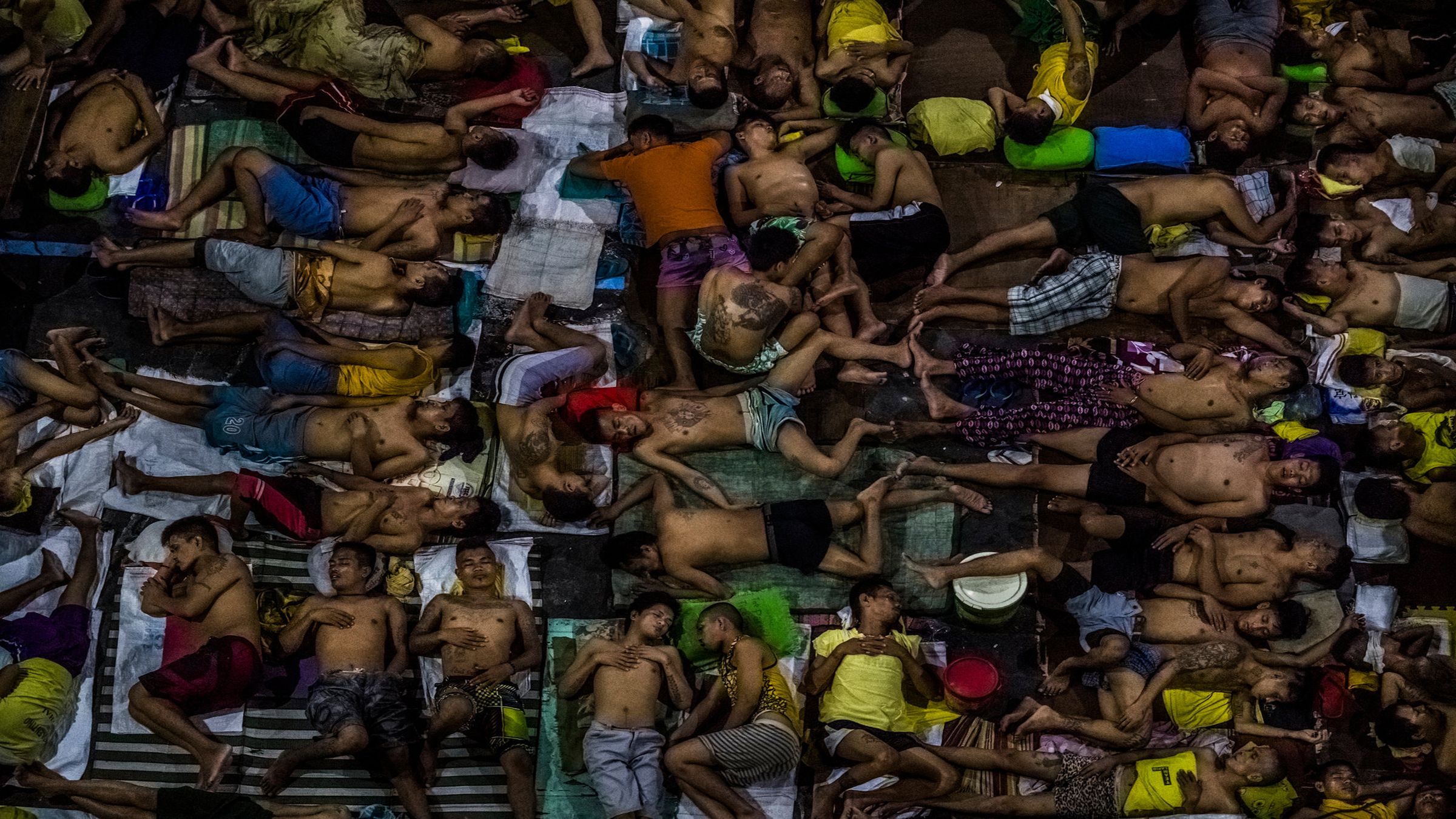A study conducted by True Global Intelligence of FleishmanHillard’s Research and Analytics in September 2022 showed that 35 percent of Filipinos said discrimination and inequality in the country’s criminal justice system at the top areas that need to be addressed.
Another 27 percent cited inequities in education, while 23 percent said housing inequities and racism and casteism in general should also be addressed.
True Global found that 68 percent of respondents are familiar with diversity, equity, and inclusivity (DE&I), said a recent Business Mirror report.
The report is based on a survey of 5,106 people across the APAC region, including population weighted samples for Australia, China, Hong Kong S.A.R., India, Indonesia, Japan, Korea, Philippines, Singapore and Thailand.
“As highlighted in the 2022 presidential elections, gender is an important topic to the majority of Filipinos.
Similarly, as seen in the election, social media is evolving to be the go-to discussion forum for all DE&I issues, evident in the comfort that exists in talking about personal, social and cultural identities,” the study stated.
The study mentioned that the Philippines is the runaway topnotcher in the percentage of internet users who play video games on any device (at 95 percent), stream TV content (97 percent).
Meanwhile, study also measured how people act on DE&I. The study classified people as allies, upstanders, bystanders, and observers.
The data showed the Philippines is one of the top 3 markets for bystanders in the Asian and the Pacific region.
Bystanders are not directly involved in the topic or issue, but have the choice to intervene, speak up or do something about it.
Based on the data, 34 percent of respondents in the Philippines, India, and Singapore are considered bystanders.
The top 3 markets for allies, who are active or have a personal commitment to fighting for DE&I causes, are Australia, India, and Thailand.
The study also showed the top 3 markets for upstanders are China, Thailand, and India. Upstanders speak or act in support of an individual or cause, particularly if it means intervening on behalf of a victim.
The top 3 markets for observers were Korea, Hong Kong, and Japan. Observers are people who observe the situation but don’t get involved.
“We saw each market have a unique distribution of DE&I personas. The majority of people in the region define themselves as bystanders or observers, but we see a significant population of upstanders and allies, especially in markets like China and India,” Michaela Wang, Deputy General Manager, Shanghai, China.
“In China, in particular, netizen culture has resulted in a large portion of the population that will stand up when they sense injustice,” she added.
It revealed the unique needs of each market, along with compelling data regarding emerging trends in the region, information about where people consume information about DE&I and how economic equity influences action.

